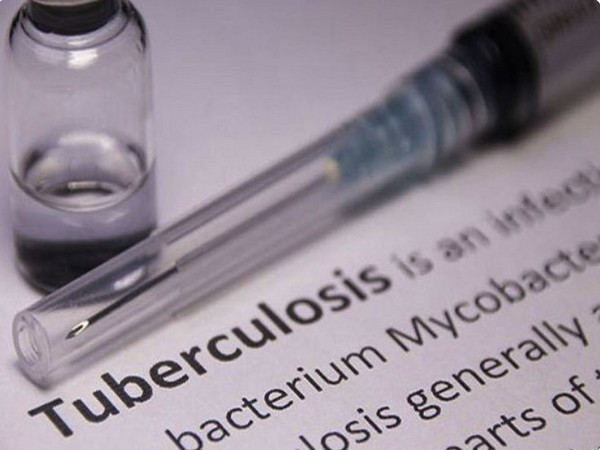Tezpur University Unveils Portable Smartphone-Based TB Detection Device
Researchers at Tezpur University have developed an innovative, portable TB detection device. Utilizing natural autofluorescence of TB bacteria, the device foregoes chemicals, making testing affordable and accessible in rural areas. Costing under Rs 25,000 and operating via smartphone, it promises a breakthrough in India's public health challenges.

- Country:
- India
In a significant breakthrough for public health, a team of researchers from Tezpur University has introduced an affordable and portable device capable of detecting Tuberculosis using a smartphone. Led by Prof Pabitra Nath from the Department of Physics, the initiative is aimed at revolutionizing TB detection in rural and remote areas devoid of advanced medical facilities.
The device's standout feature is its reliance on natural autofluorescence of TB bacteria, eliminating the need for chemicals or dyes. It includes an integrated heating system to enhance test accuracy and operates through a smartphone interface. Remarkably cost-efficient, the device is priced under Rs 25,000 and weighs less than 300 grams, making it highly portable and suitable for low-infrastructure regions. The urgent need for such innovation is underscored by TB's status as a pressing public health issue in India, where early, accurate diagnosis is vital.
Traditional TB testing methods, endorsed by the World Health Organisation, demand expensive equipment and trained professionals, often inaccessible in rural locations. This novel device from Tezpur University addresses these gaps, promising simpler and broader accessibility to TB diagnostics. According to Prof Nath, while LED fluorescence microscopy, the current gold standard, offers higher sensitivity, it suffers from drawbacks including the necessity for costly apparatus, chemical staining agents, and reliance on lab infrastructure.
Prof Nath further explained the device's operation, highlighting its use of autofluorescence—a natural property of microbial cells like Mycobacterium tuberculosis (mTB) that emit fluorescence upon excitation by specific light wavelengths. Key to the innovation is the incorporation of a heating element within the sensor, amplifying the fluorescence signal from mTB cells for trace-level detection without additional stains or dyes. The research team consists of scholars Biprav Chetry and Chunuranjan Dutta from the Department of Physics, alongside Dr JP Saikia, Mr. Santanu Goswami from the Department of Molecular Biology and Biotechnology, and Abhijit Gogoi of Labdig Innovations and Systems Pvt Ltd.
With a patent application already filed (Indian Patent Application No. 202431035472) and their work published in the international journal Biosensors and Bioelectronics, Prof Shambhu Nath Singh, Vice Chancellor, commended the team's efforts. He emphasized the potential of this innovation to significantly impact TB control efforts, especially in India's rural areas. (ANI)
(With inputs from agencies.)
ALSO READ
India's Compensatory Afforestation Efforts: Progress and Challenges Unveiled
Bumrah's Potential Inclusion in Final Test: A Strategic Call for India
Operation Sindoor: India's Strong Stance Against Terrorism
Battle at The Oval: Will Jasprit Bumrah Lead India's Bowling Attack?
Streax Professional Hairstyle Icon 2025: Transforming India's Hair Fashion Landscape










